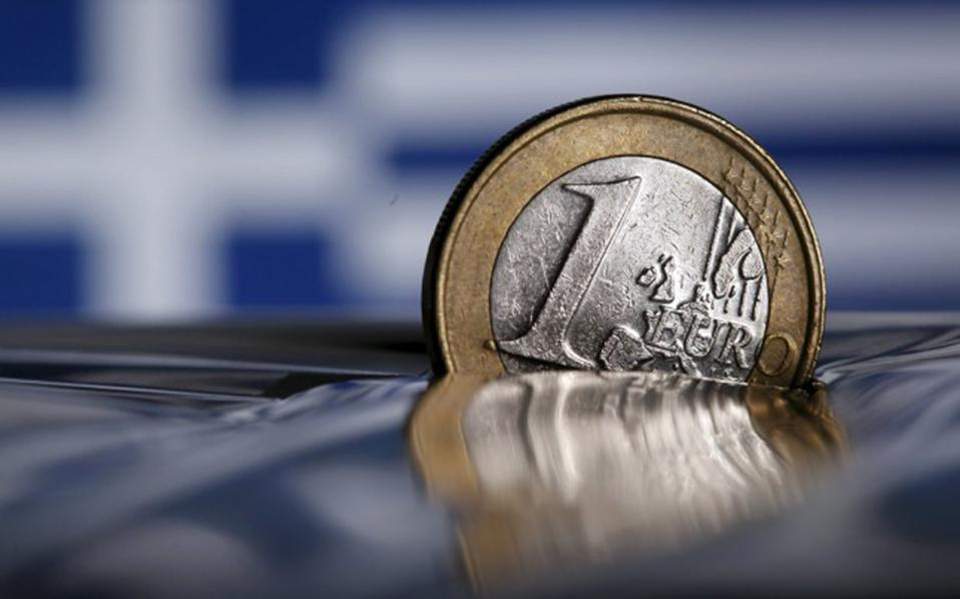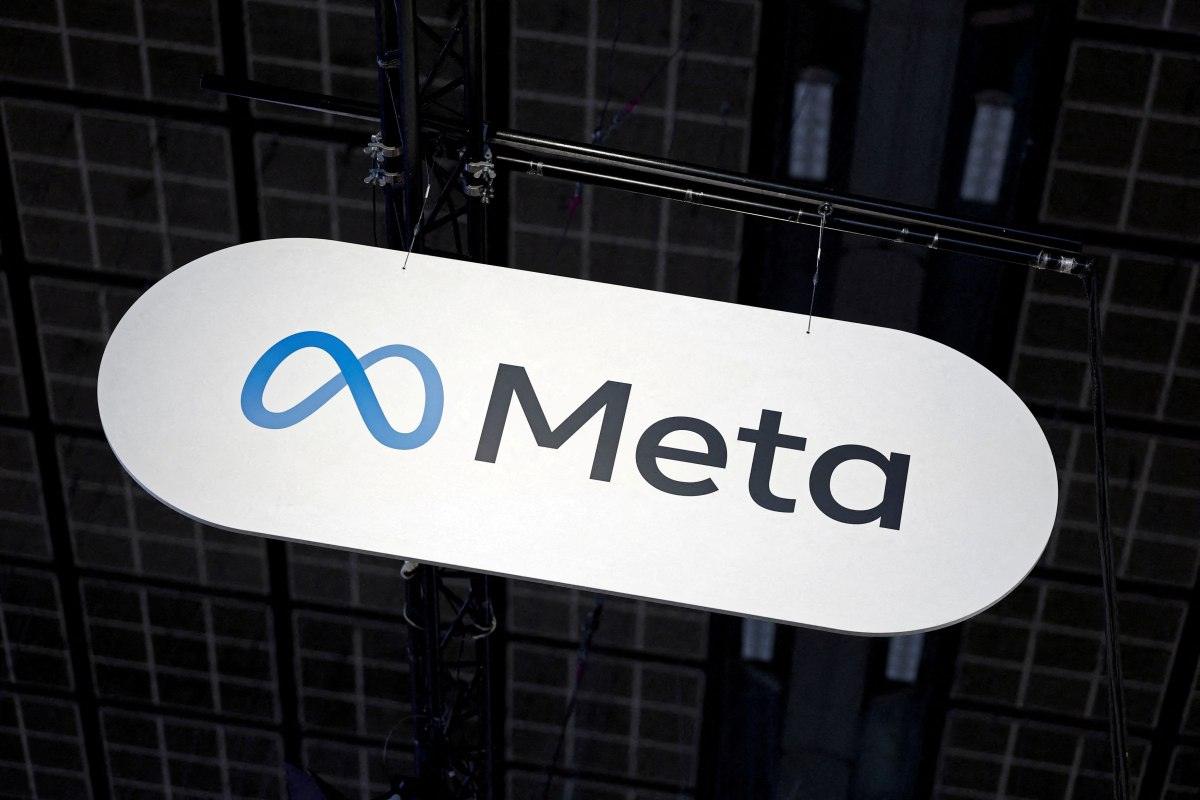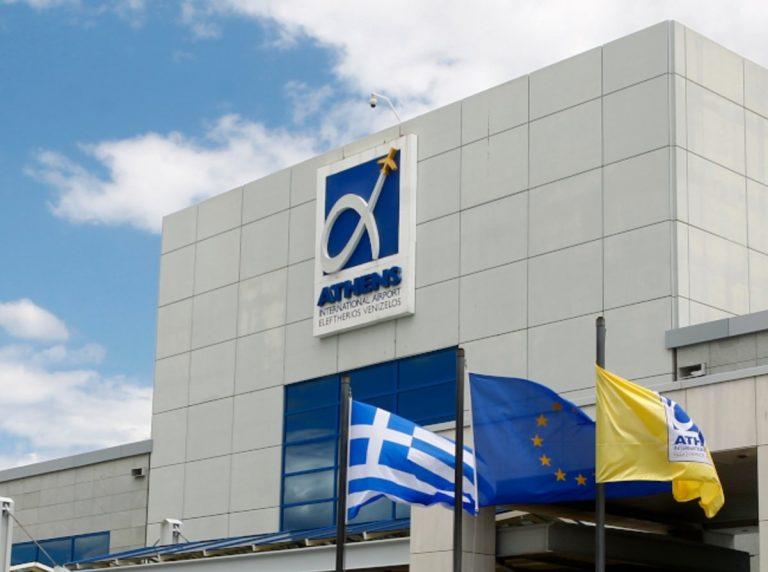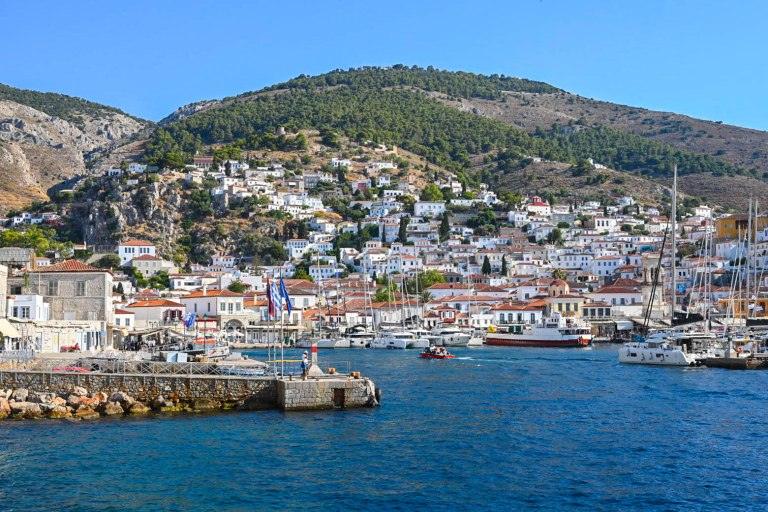The economic climate index recorded a decline again according to the results of the Economic Situation Surveys for the month of July of the Foundation for Economic & Industrial Research (IOBE).
In particular, the economic sentiment index stood at 101.1 points in July, lower than the previous month (104.1 points) and also compared to July 2021. At the European level, downward trends also prevailed, both in the EU as well as in the Eurozone.
Business expectations fell mainly in Construction, while changes were milder in Services and Industry. The relative index in Retail Trade showed an increase, continuing its fluctuations during the last months.
The protracted energy crisis and the slowdown of recovery in the EU and other economies during the second quarter are now putting significant pressure on Industrial demand. On the other hand, the tourism dynamics remain particularly strong, based on expectations in the sector, with whatever wider positive effects this development entails for businesses and households. In Retail Trade, the household support interventions, combined with the savings of previous years, support the current activity of the sector.
However, uncertainty over the duration of the war, and especially its impact on energy costs, worsened households’ forecasts for general economic conditions over the next 12 months, but also for their financial situation over this period. As a result, Consumer Confidence weakened again, to a five-year low.
Pole position pessimism
Greek consumers remain in first place in the ranking of the most pessimistic consumers in the EU, with a significant difference from the rest. Consumers in Hungary and Slovenia follow, with an index level of -38.4 and -37.9 points respectively, while in fourth and fifth place are the consumers of Cyprus and Austria, with -35.3 and -33.2 points.
In the lowest places of this ranking are Malta (–10.2) and Lithuania (–12.5). A characteristic of the results is that no country is now in the positive range, which would imply optimism from the country’s consumers.
More broadly, an upward trend, but mild, was shown in July by five countries. The average European indices were at -27.3 points in the EU and at -27.0 points in the Eurozone.
Support measures do not alleviate concerns
Now, it seems that the support measures only to a certain extent ease the concern of households about economic developments in the medium term.
The importance of strategic policy interventions, at national as well as European level, to safeguard the prospects of the economy in the medium term emerges anew. The relevant priorities include securing the energy supply, the more efficient use of available means of energy production, the development of networks for the operation of alternative supply chains and, in general, the strengthening of the productive prospects of the economy.
Expectations, in more detail:
– in Manufacturing, the mildly negative balance of orders and demand estimates eased slightly, inventory estimates rose sharply and positive forecasts for output in the coming months strengthened marginally.
– in Construction, negative forecasts for production strengthened significantly, while at the same time forecasts for employment weakened significantly.
– in Retail Trade, estimates for current sales have improved significantly, with inventory levels decelerating sharply, while forecasts for short-term sales development are easing slightly.
– in Services, positive estimates for the current state of business moved sharply upwards, those for demand changed mildly, while forecasts for the short-term evolution of demand fell noticeably.












![Εξοικονομώ: Πού καταγράφεται η μεγαλύτερη συμμετοχή – Οι περιοχές [πίνακες]](https://www.ot.gr/wp-content/uploads/2026/02/exoikonomo-600x374-1.jpg)


























